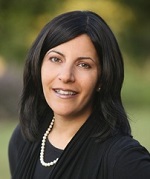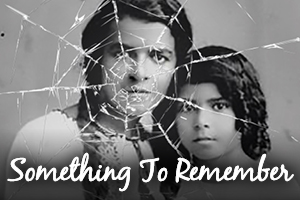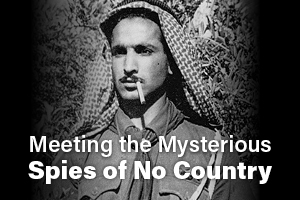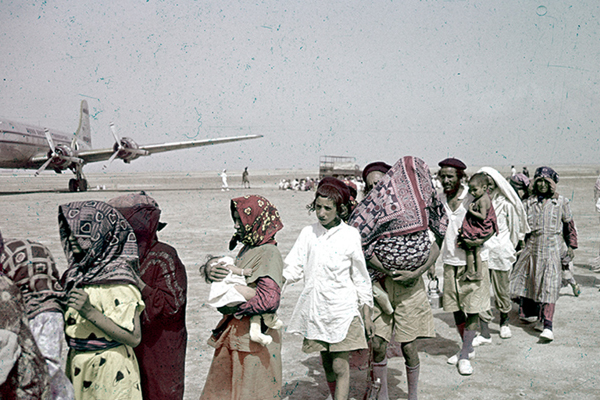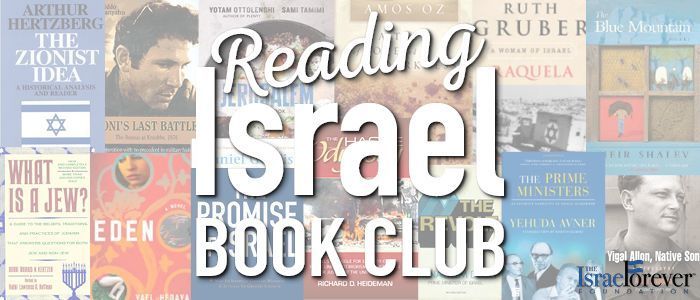On Writing In and About Israel
By Gila Green
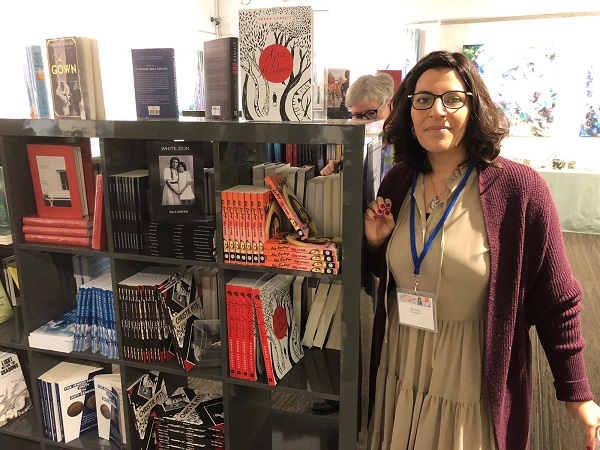
I don't know any other writing experience beyond my present geophysical reality in the Judean Hills, halfway between Jerusalem and Tel Aviv, so I cannot say what I would have written if I would have remained in Canada, though my mind continues to migrate there in my writing that has featured Canadian heroines.
Intangible things vanished when I chose to leave my birthplace, including my mother tongue, but I gained so much more because I became a writer in Israel and an observer of this new/old nation.
My writer's journey has taken me from the Israel of the future (King of the Class, 2013) in which Israel is divided into two Jewish states, one staunchly Halachik and one staunchly secular; to the Israel of 1993 (Passport Control, 2018) set in the backdrop of Haifa University to White Zion (2019), which migrates between Ottoman Palestine, Yemen and modern Israel and modern Canada. More recently, I have explored the Israel of the summer of 2014 in A Prayer Apart (in submission) through the eyes of a teenage boy. That story takes place against the backdrop of the war between Israel and Hamas.
How did I get here?
The youngest of half a dozen children, seven other voices thundered and cracked through my childhood home, and there was little chance of me denting the din. I lacked athletic grace and, as much as I longed to sew and paint, I was impatient and clumsy. There has only ever been one act that makes me feel as potent as Elijah: writing. With a pen in my hand I could raise the dead, ascend skyward and bring fire down from the heavens. My voicelessness fueled my writing into adolescence, and at the end of that period I decided to channel the need to be heard into a Bachelor of Journalism degree at Carleton University.
By the time I approached the end of my third year, any desire to rival the polished anchors I saw on television news lagged behind my need to experience the world beyond the local snow-banks. For a Jewish girl, Israel offered a price I could afford: a free scholarship to Haifa University, but that was only on the surface. I could just as easily have gone to England or Australia as a citizen of the Commonwealth.
So, what drove me to Israel, really? The Holy Land was and remains exhilarating for me as a writer, but also a Jewish woman who wants to be part of history, no matter how small a role.
Here is where I shall let you in on something else, it always bothered me that I could not find any experience of my own reflected in Jewish literature. I never knew how determined I was to do my part to change that until I began writing.
Let me explain: I'm a cliché as far as reading and writing and childhood goes. I still remember my primary school librarian calling me in, sitting me down and telling me there's no more books in the library for me to read; I had read them all and I would have to reread some or wait for a new order. I recall my disappointment and frustration. This was a small private Jewish school and probably had a much smaller library than the public schools. It was a relief to move up to grade nine in a public school and see the massive library. There was no way I would ever run out of things to read there i.e., heaven.
Yet, even as a young person, it niggled at me that no matter how much Jewish literature I read –and I read it by the kilo—the grandparents were always Yiddish-speakers, no one was from the Middle East, there were few Jewish soldiers, and so on.
My Canadian mother could fit the bill for the background of the typical character in a Jewish novel by the typical famous Jewish novelist, but anyone remotely like my father and anyone he associated with did not.
As a young person I always wanted to round this out. To say, hey! There are millions of Jews from Middle Eastern countries who speak Arabic, Farsi, and other Middle Eastern languages. Hebrew anyone? They eat different foods, listen to different music, and they are no less Jewish. How can it be that they are entirely absent from the canon of Jewish literature? Not much has changed since my childhood.
My writing is absolutely a response to that. I am proud to expand the palette of Jews represented in literature and to encourage others with Jewish identities that still have not made it onto the page and the bookshelves to do so. As a writer with a Yemenite father and an Ashkenazi mother, perhaps I am well-placed to express a larger vision of the Jewish soul that we all share.
Recommended:
READING ISRAEL BOOK CLUB
Get Started Reading Israel today!
About the Author
